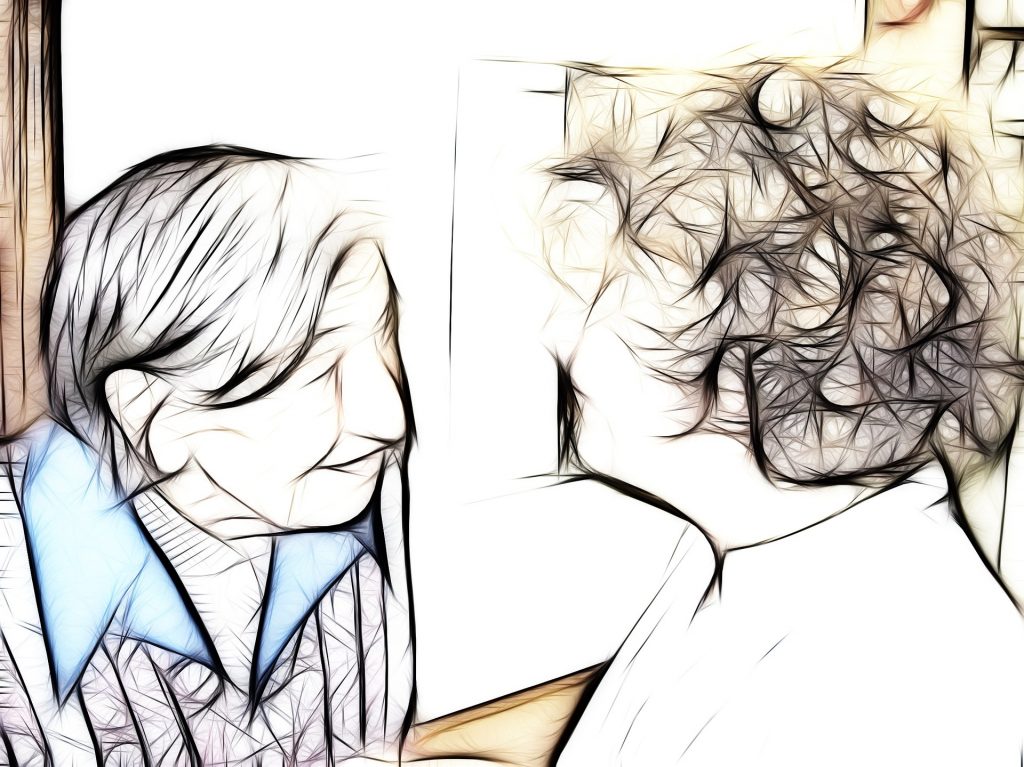What you need to know this week

Here’s our regular roundup of news around the UK that affects you and your older friends and relatives. This issue we’re talking about pensions, NHS Continuing Healthcare Funding, potential treatment and preventions for Alzheimer’s and memory loss, hip and knee replacements, finding missing vulnerable people, and avoiding falls.
The downside first
Mixed age couples are facing a pension raid as the rules change on when they can draw pension age benefits. From 15 May 2019 a couple will only be able to claim pension credit when the younger partner reaches pension age. This could leave some couples worse off to the tune of £7000 a year say pension experts. That’s because Pension Credit, which will now only be available when both partners are over retirement age, is worth up to £13,273 a year while Universal Credit is worth £5,986. The Department of Work and Pensions has revealed that the move will affect 15,000 couples this year, rising to 60,000 in 2023-24.
Vulnerable pensioners with dementia and Parkinson’s are facing massive care bills as local authorities increasingly refuse to fund care, according to an investigation by the Daily Telegraph. While those with significant health problems should receive free care and nursing, anyone who is deemed to not be ill enough to quality has to apply for social care funding, which is means tested. The paper says that there are also nationwide variations in the likelihood of receiving funding from the NHS Continuing Healthcare Fund. Meanwhile we continue to await the Government’s Green Paper on reforming social care.
The better news
Eight out of ten knee replacements and six out of ten hip replacements last longer than 25 years, according to a new study. This is much longer than has been commonly believed, and the new knowledge will help consultants and surgeons decide the best time for surgery.
A study has suggested that exercise can help to protect against Alzheimer’s by triggering a hormone that helps regrow brain cells. The researchers suggest that a drug that mimics the hormone could be an answer to preventing the disease.
Meanwhile researchers in Toronto are working on an experimental drug which they say could be a treatment for memory loss, poor decision making, depression, schizophrenia and Alzheimer’s. It’s still a way off though, with clinical trials due to take place over the next two years.
The daredevil sport of Parkour, or free-running, could help older people to avoid falls, according to an expert in the sport. While no one is expecting grandparents to take up leaping across buildings, there may be lessons to learned in how to fall safely.
We’ve just been added to a guide of the 50 best resources for older people. We’ve also been quoted in a feature on choosing a care home. Delighted to make a contribution!
A couple for the to-do list
Have you heard about the Herbert Protocol? It’s a system adopted by many police forces to help trace missing persons. The idea is that carers fill in a form that provides useful information thatcould be used in the event of a missing vulnerable person. Downloadable from local police forces in England, Scotland and Wales, the form enables you to provide information about medication, favourite places and more to help a search in stressful times.
The Care Quality Commission has launched a campaign in England to encourage people to speak up about their experiences of care. Many people do not raise issues because they don’t know how, or don’t expect much resolution, but apparently two-thirds of those who do enjoy a satisfactory outcome. The CQC explains how to Declare Your Care.

